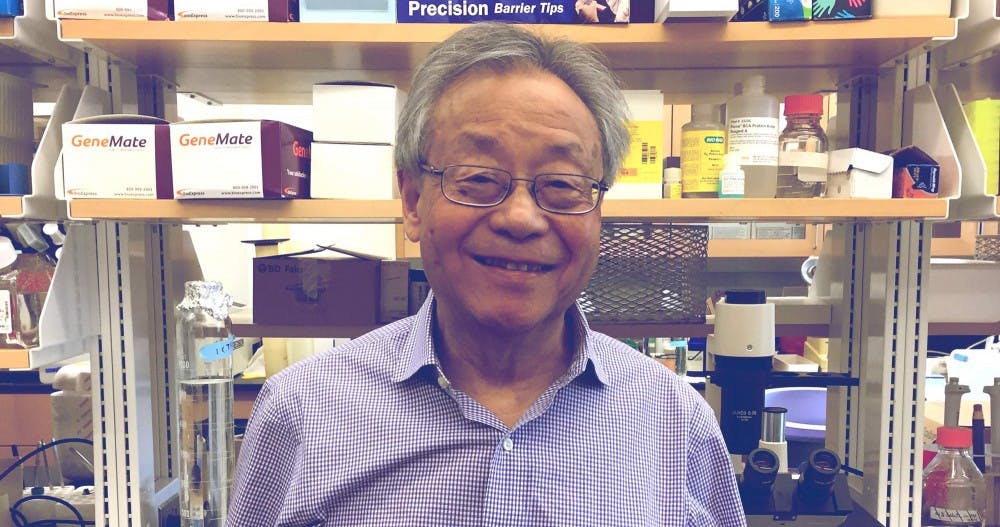A University researcher in the Beirne B. Carter Center for Immunology recently discovered a previously unknown role of the immune system within the the male reproductive system. Dr. Kenneth Tung and his lab led the research efforts, which have opened new doors regarding autoimmune disease, male infertility and the future of cancer vaccines.
Tung’s research centers around better understanding the mechanisms of autoimmune disease of the male reproductive system — a cause of male infertility.
“[Male infertility] seemed to have an immune basis, some kind of autoimmune response that occurs spontaneously,” Tung said. “The testes produce antibodies to sperm, which is indicative of the immune mechanism of the disease, but it doesn’t prove it.”
Tung’s team focuses on cells known as regulatory T-cells, which suppress other immune cells from responding to antigens — molecules that induce an immune response. His lab is particularly interested in how regulatory T-cells modulate self-response of the immune system, in which the immune system responds to nearby tissue and immune cells.
Tung’s focus is on patients with abnormal T-cell function and patients with vasectomies. His lab has discovered that the testes release some antigens outside the testes, which was previously thought to be impossible.
“People thought antigens in the testes that are going to make sperm are completely sequestered from the immune system,” Tung said. “For years, people believed this complete antigen sequestration. [It was] a dogma without proof, and nobody has even done an experiment to see if it was correct.”
Tung challenged this concept and classified the antigens into two categories — the sequestered, which are hidden, and those that are exposed. This allowed Tung’s lab to identify an antigen that was not sequestered and could act as a regular antigen, contradicting the previous belief in complete antigen sequestration.
Tung said the immunological implications make this discovery especially interesting, and that no reproductive biologist was aware of this until his recent publication.
Dominik Lenart, a College graduate student in Tung’s lab, is currently analyzing the genome sequence of different types of cancers from different patients.
“This gives us pointers to what proteins we are more interested in, and also what people have been using for cancer vaccines,” Lenart said.
Tung lab’s recent discovery has opened new doors for major improvements in the medical field with applications in treating male infertility and cancer.
“[There are] two major clinical implications — one is human fertility,” Tung said. “The other implication is in cancer, because some cancer antigens are shared by sperm antigens by identical proteins. They are called cancer-testes antigens.”
Cancer-testes antigens could prove influential in future research on cancer treatment.
“Cancer treatment is still an evolving field, and we do not, at the moment, have an ultimate cancer treatment,” Lenart said. “This recent discovery opens up a new discussion in the field and there is much optimism about the future of cancer treatment.”
Tung plans on further investigating the effectiveness of cancer-testes antigens in developing cancer vaccines by comparing sequestered and exposed antigens.
“We provide guidance as to how you should select cancer vaccine antigens,” Tung said. “The next step is to prove the ideal — or the preferred — of the effective candidates.”







